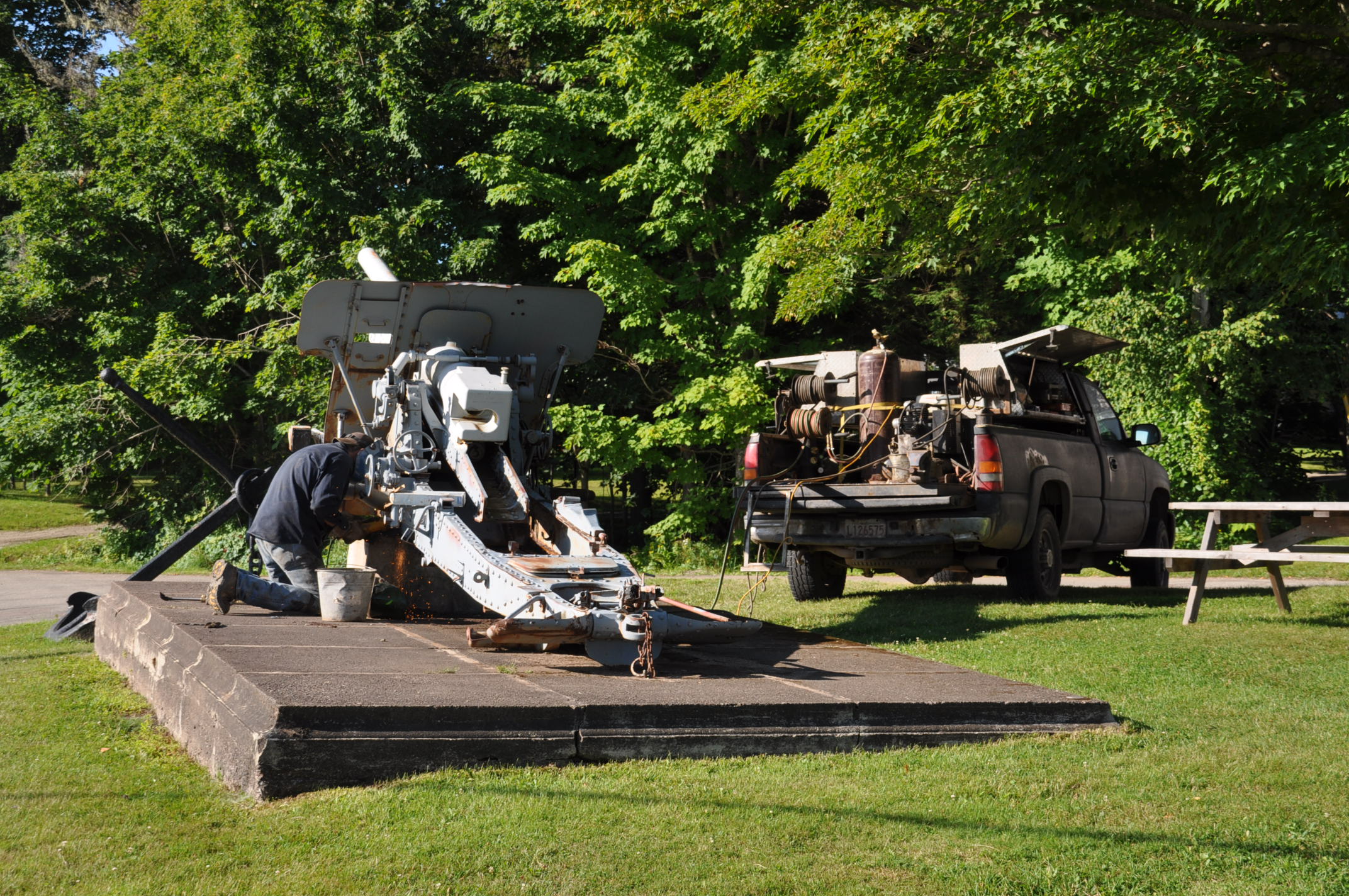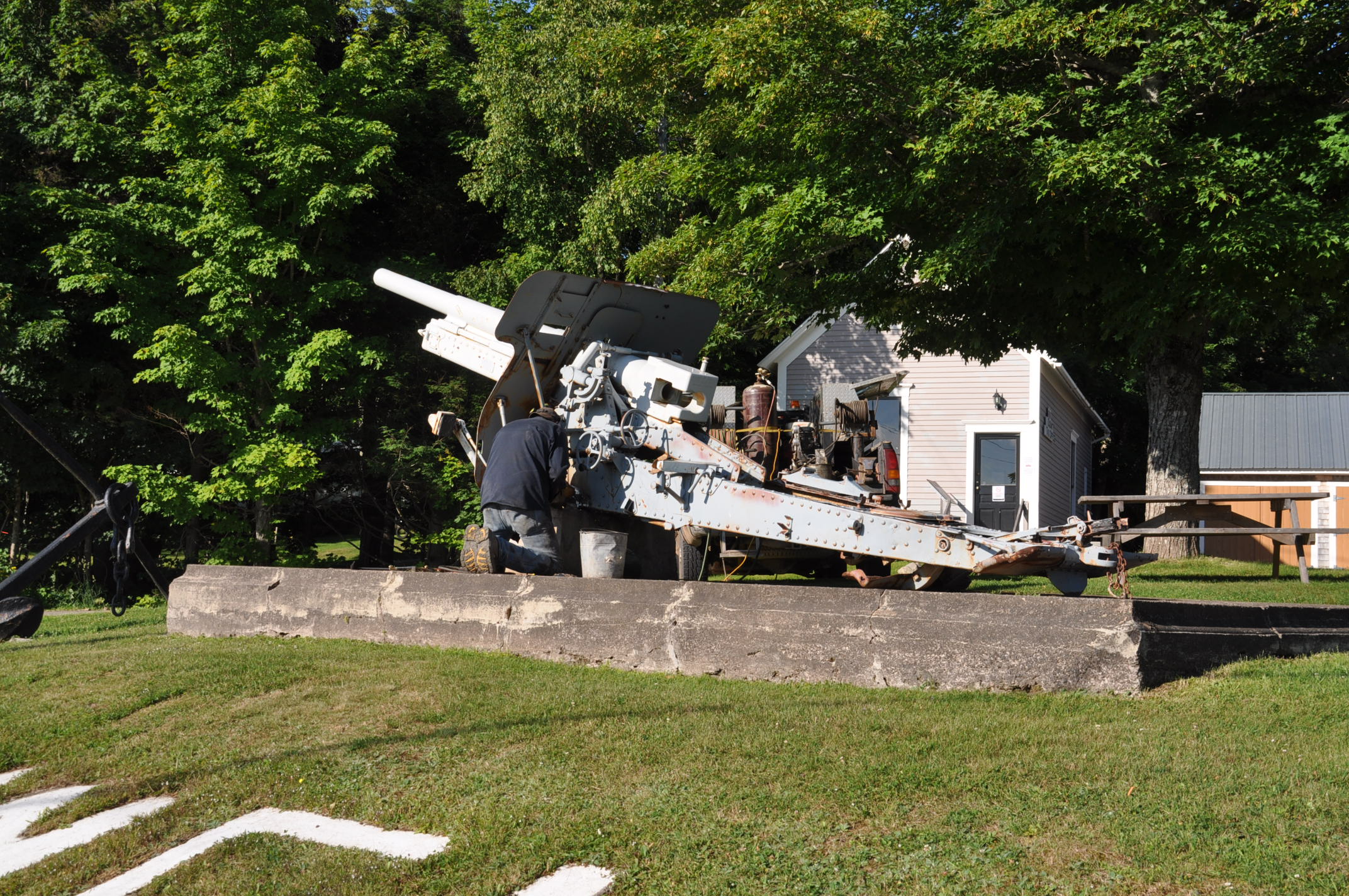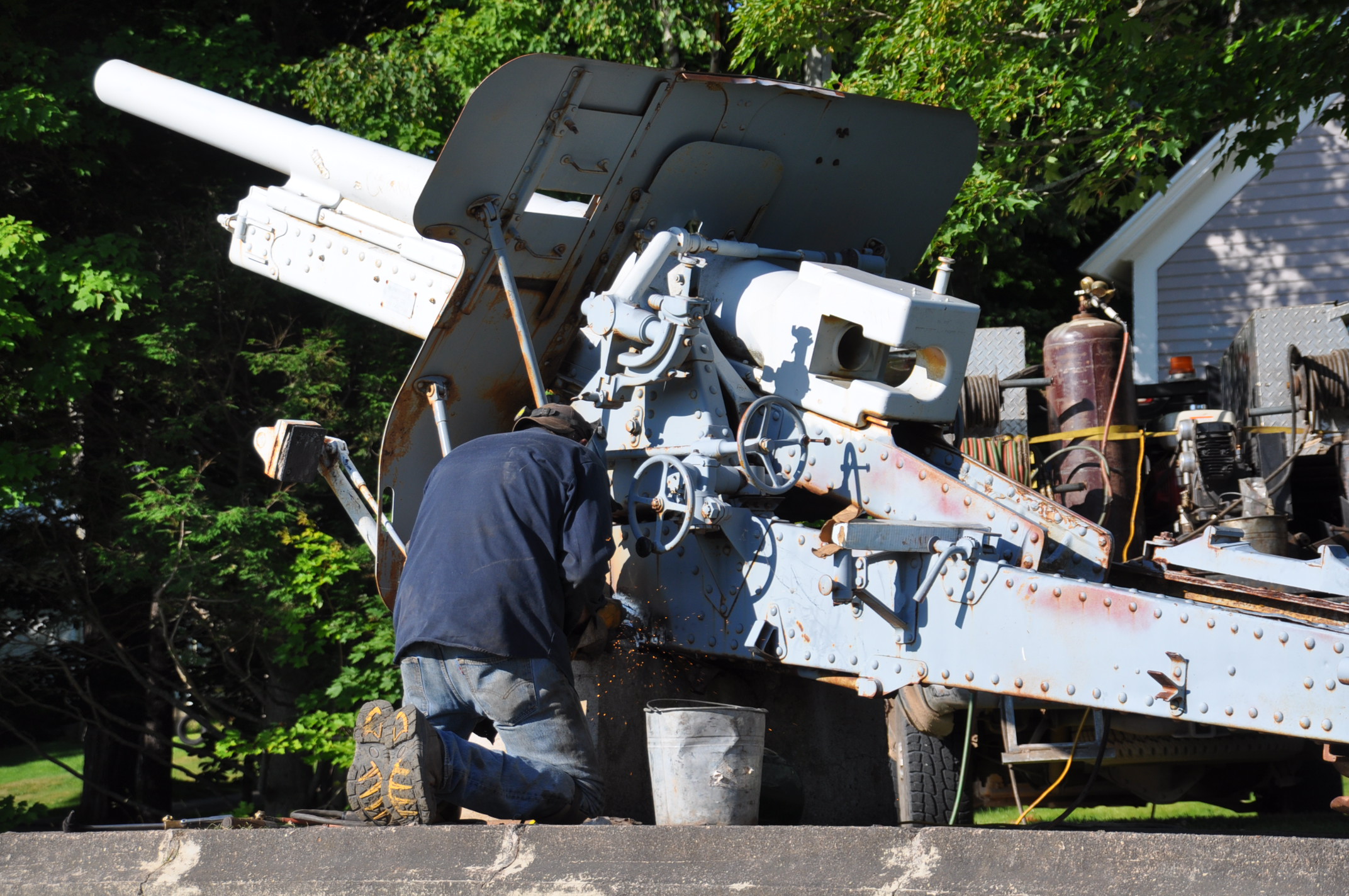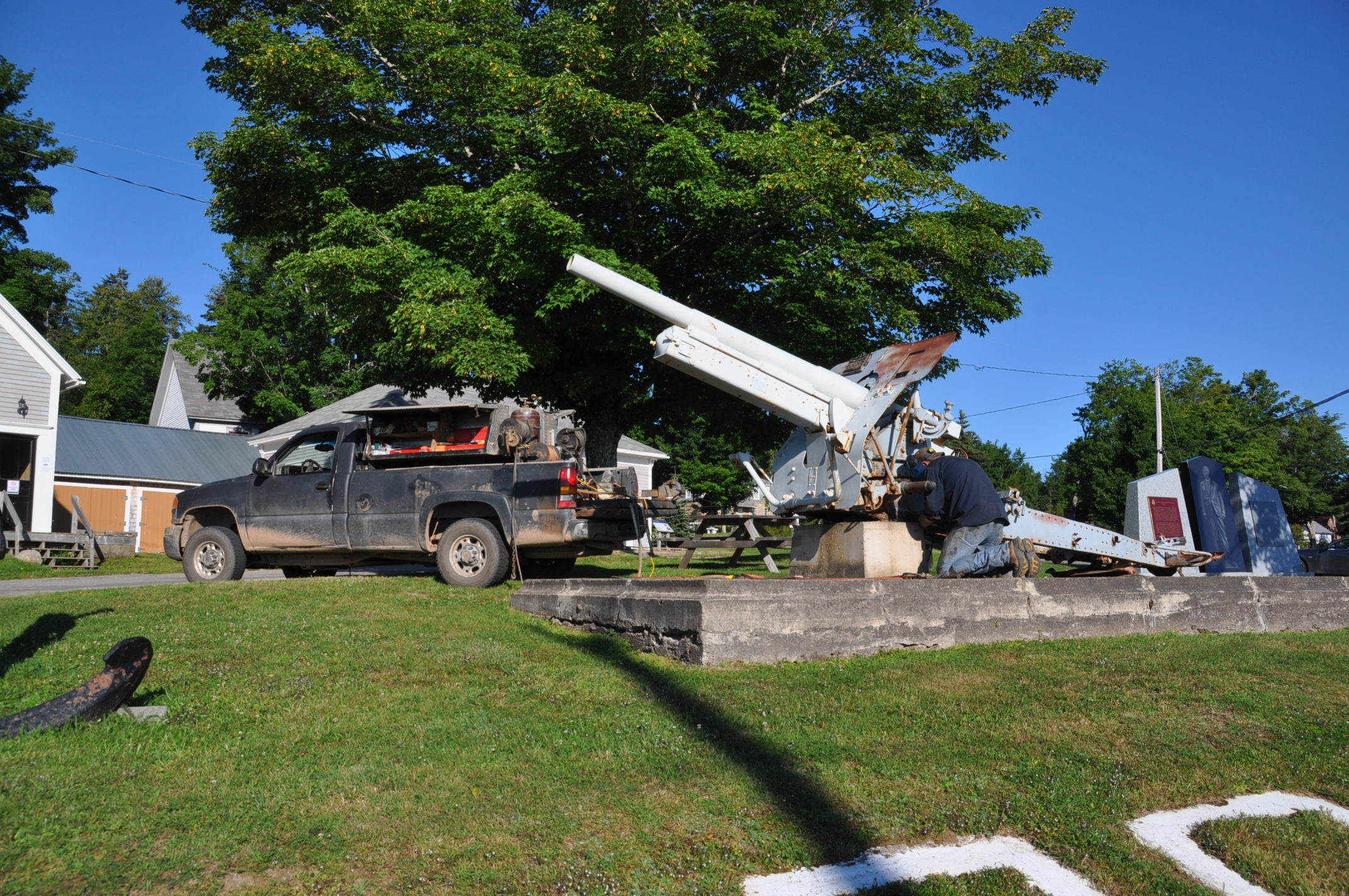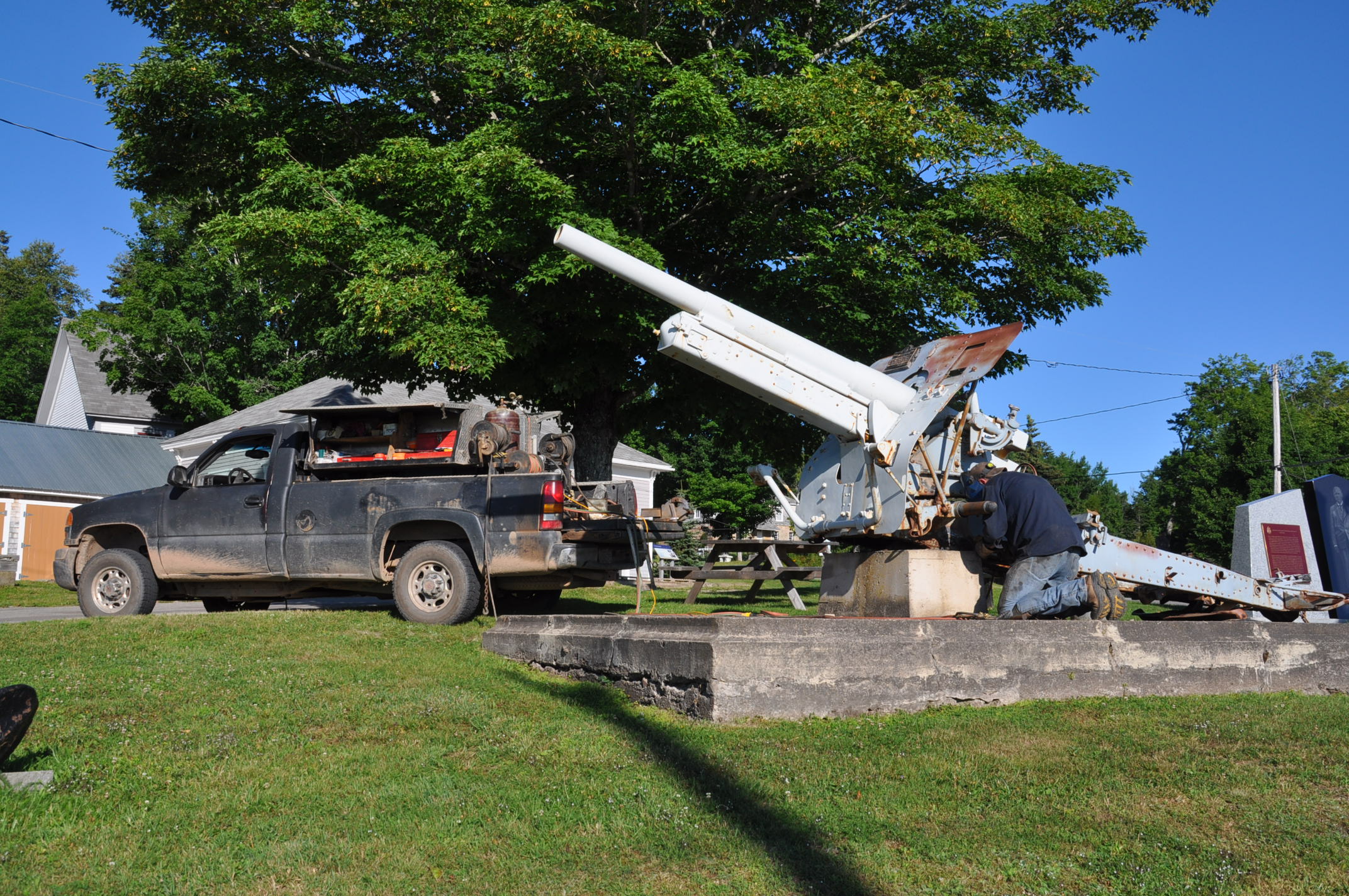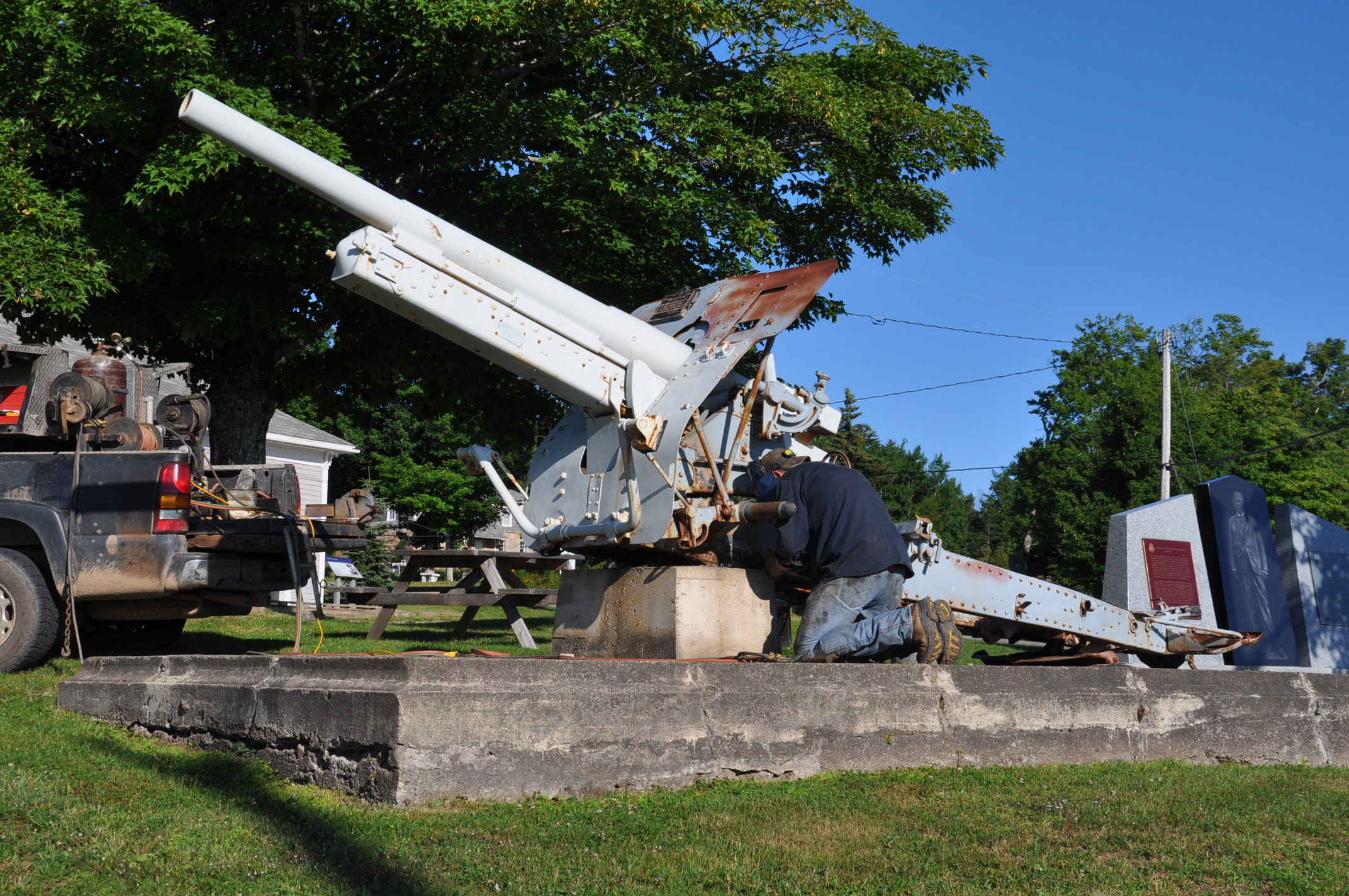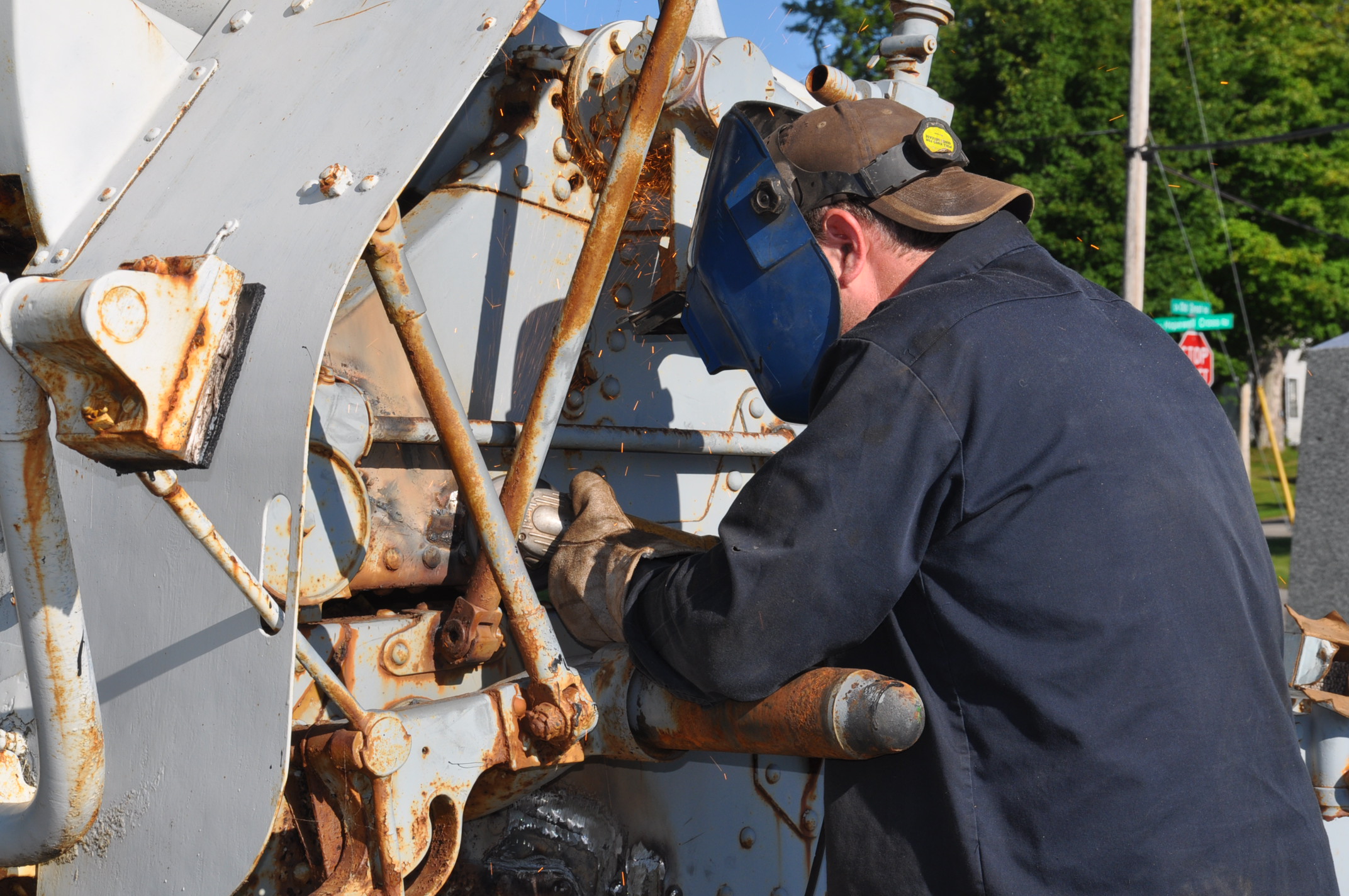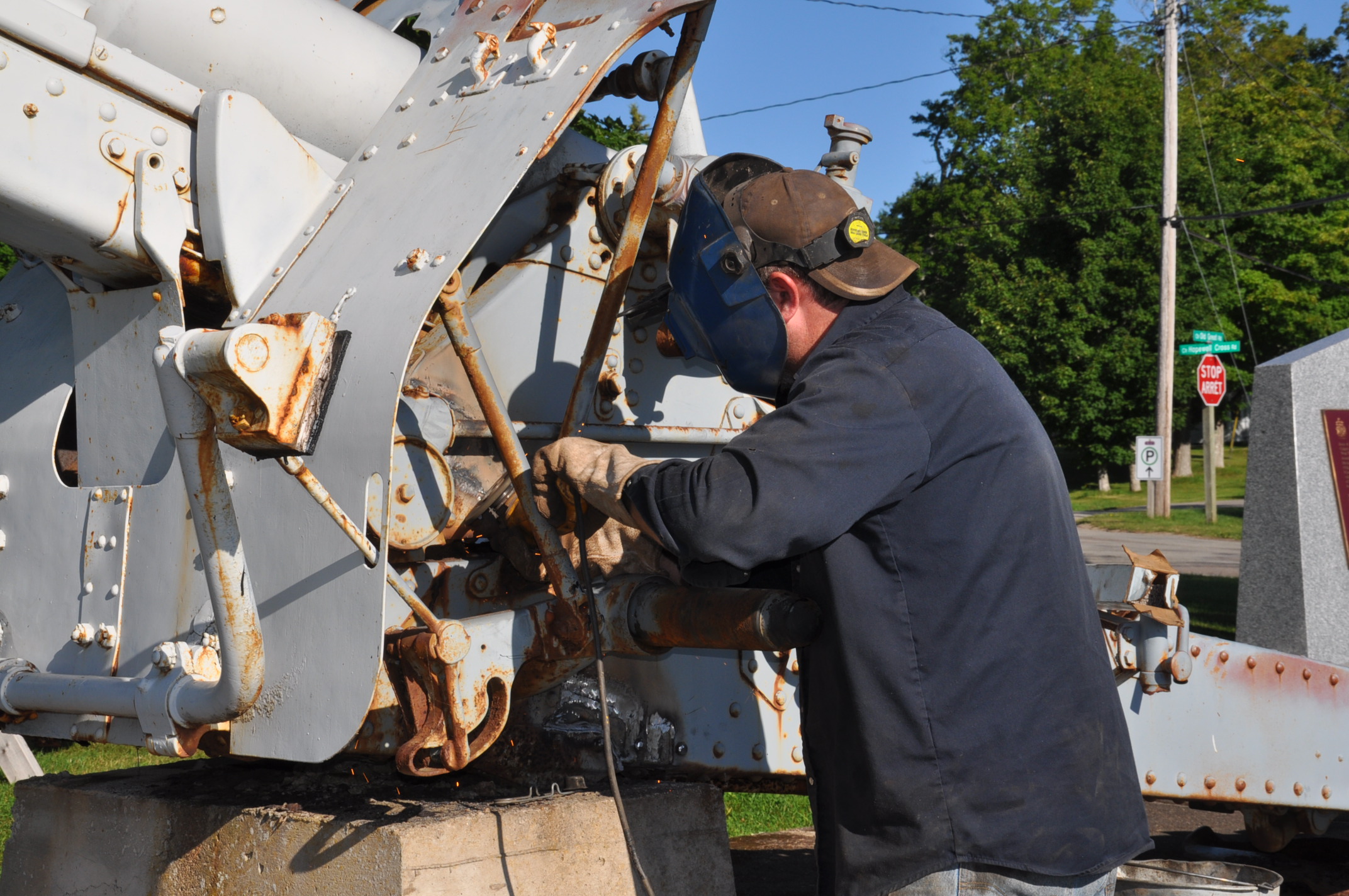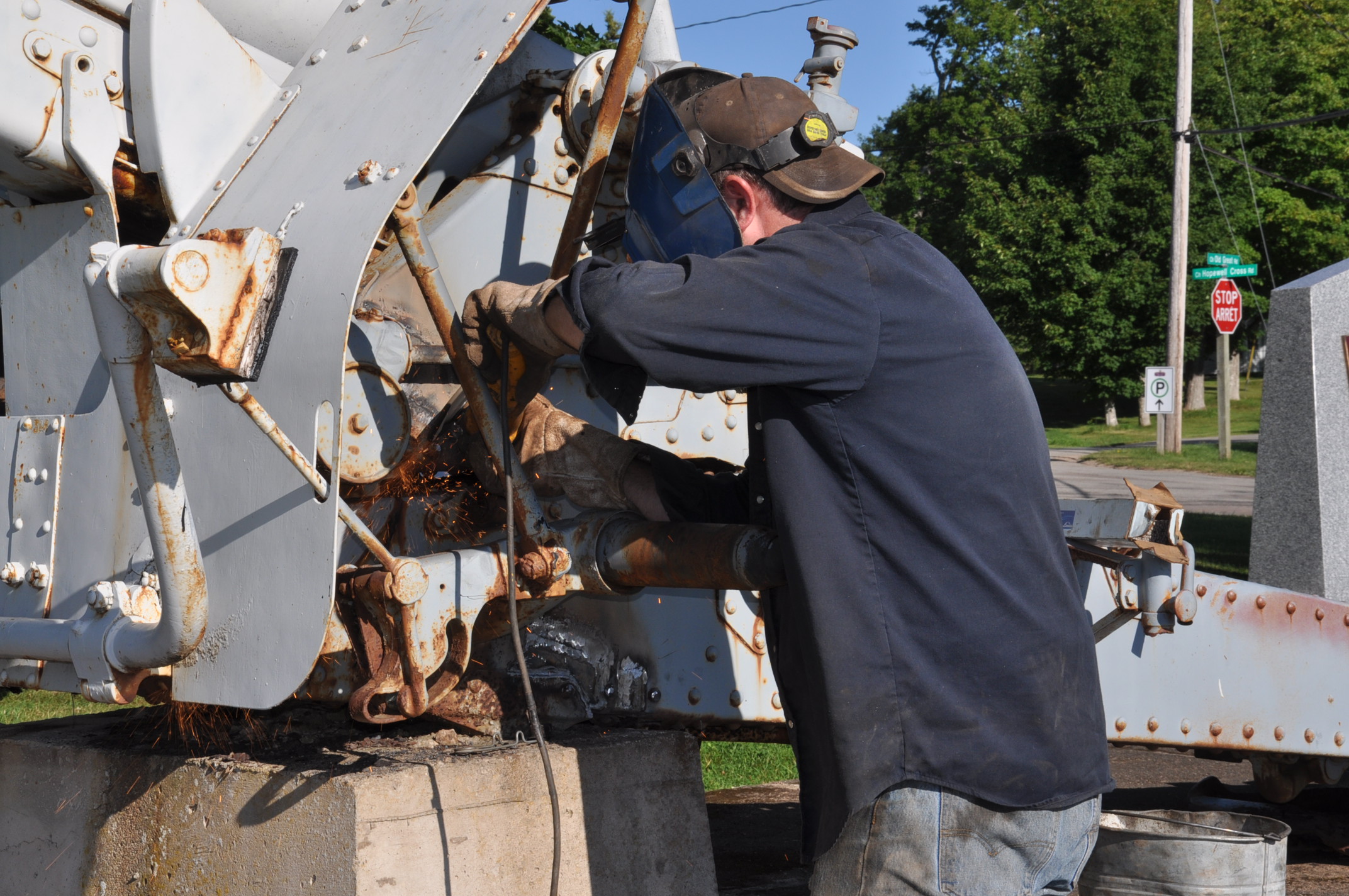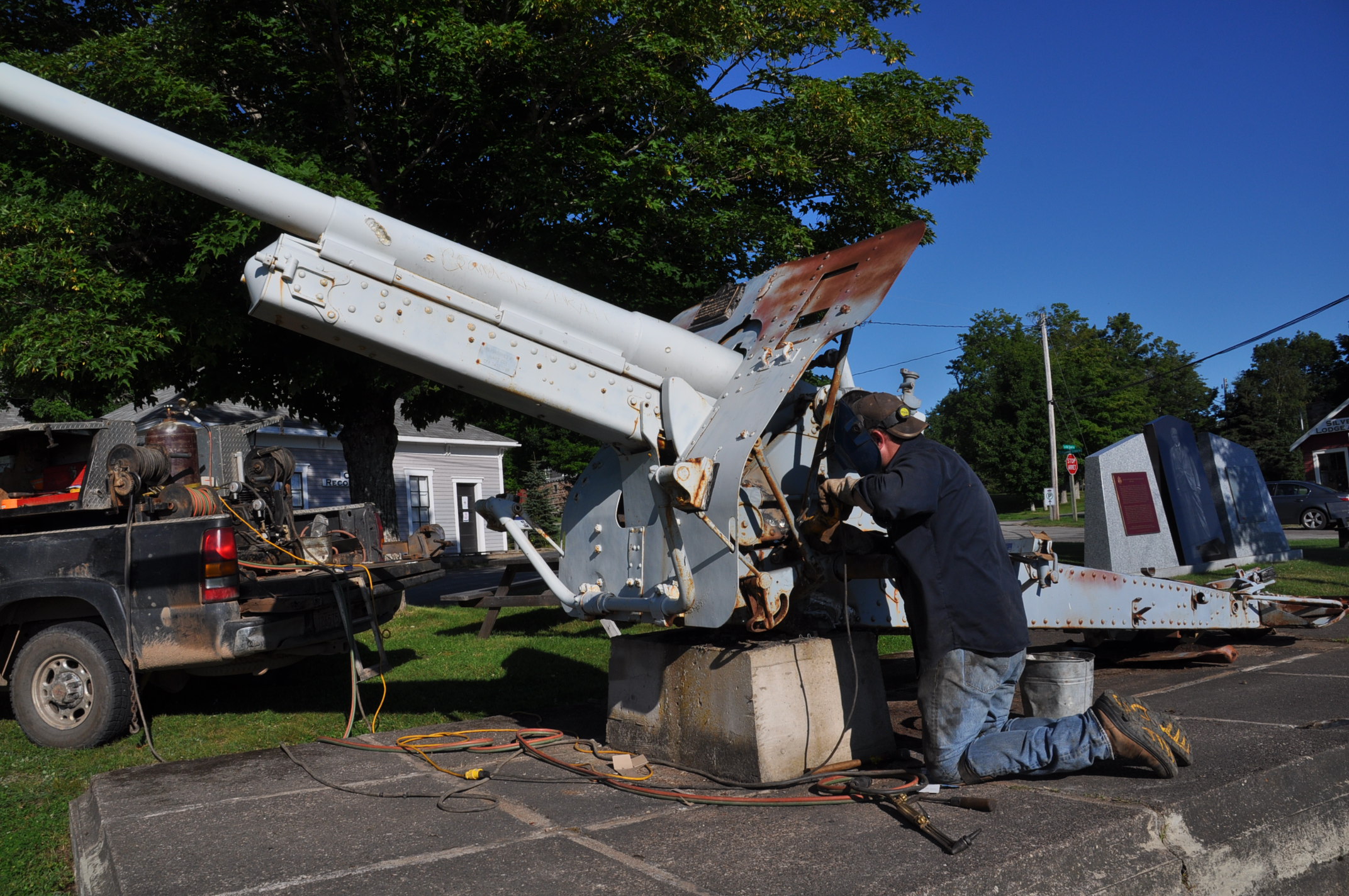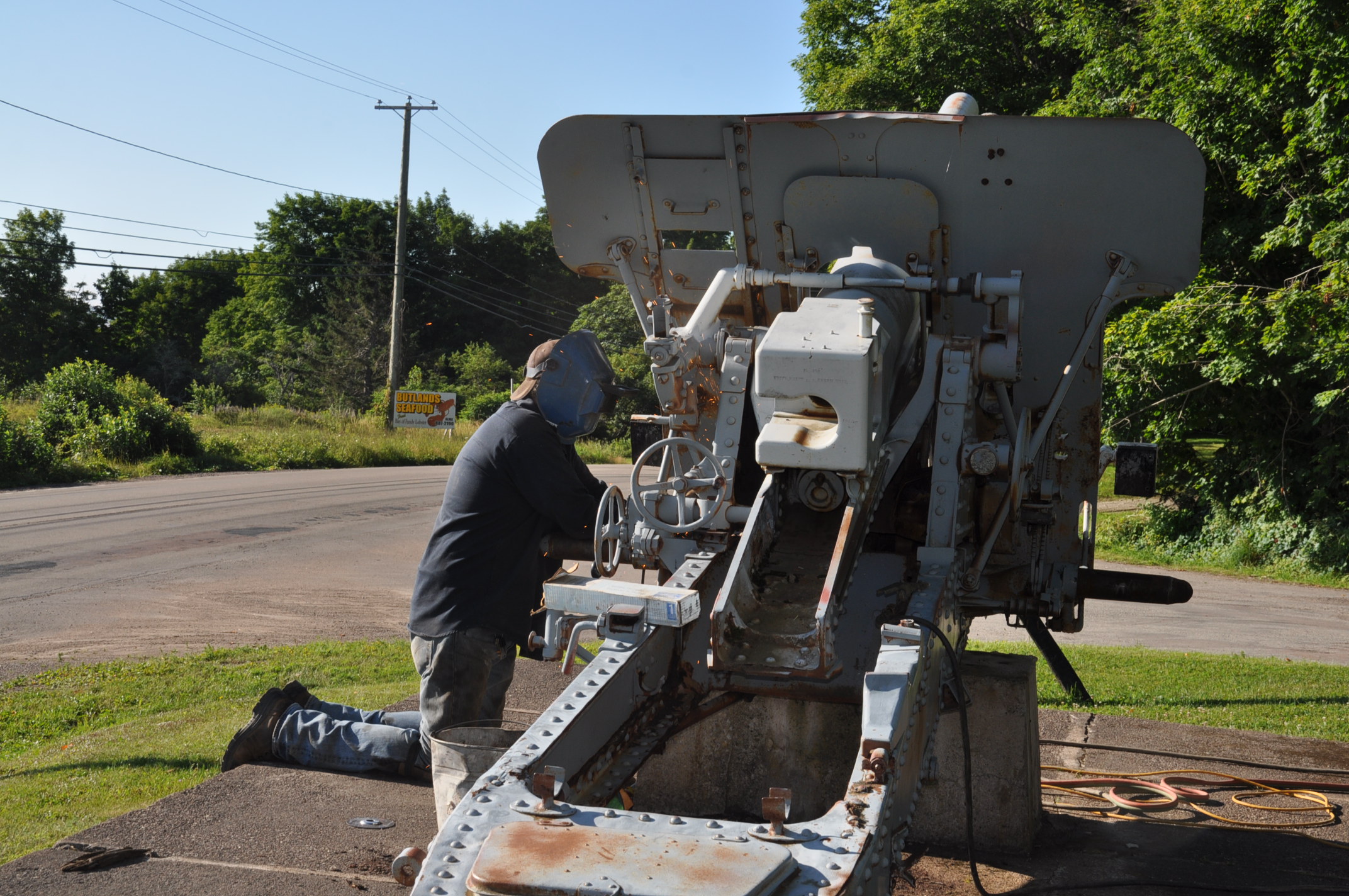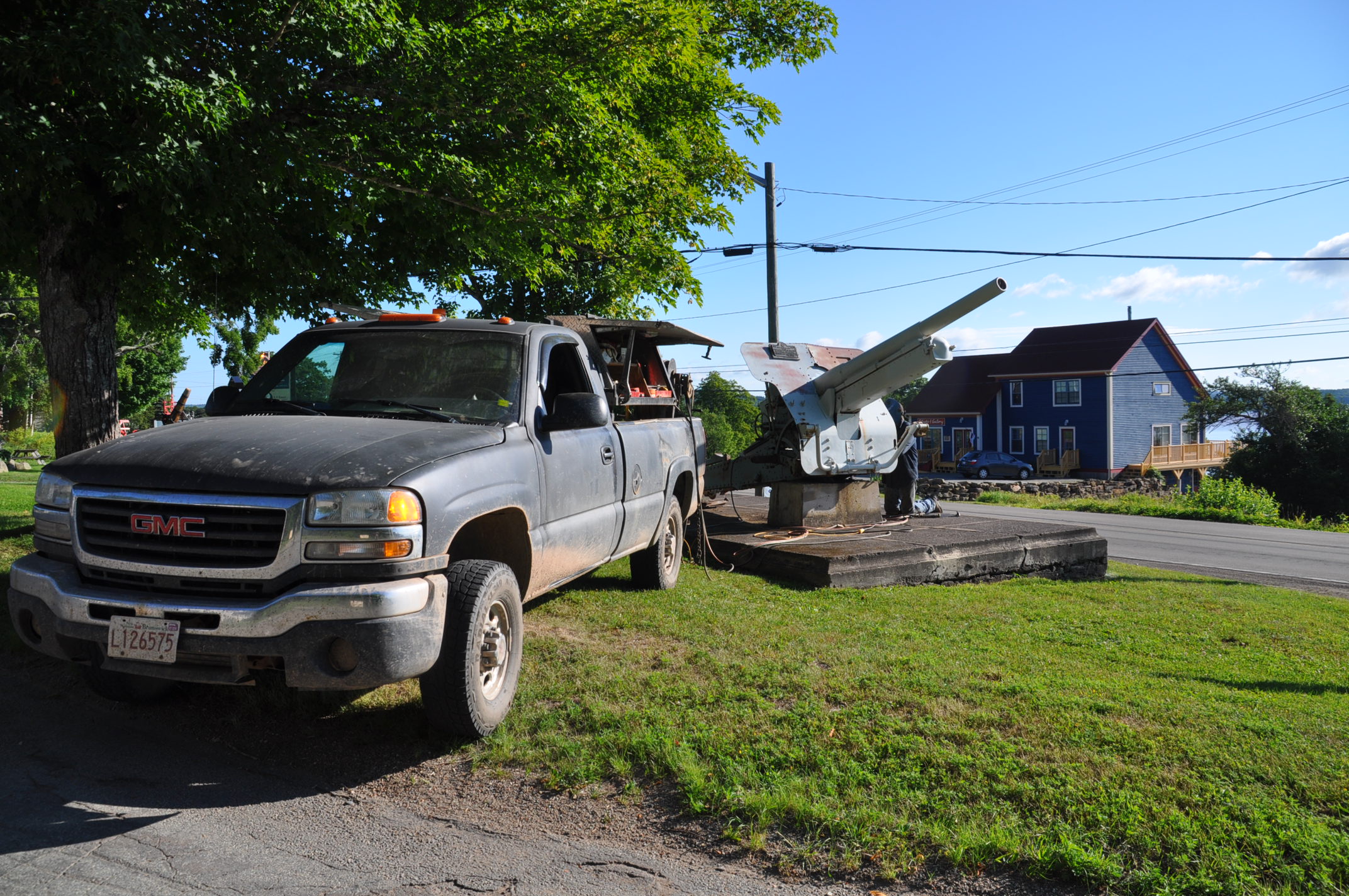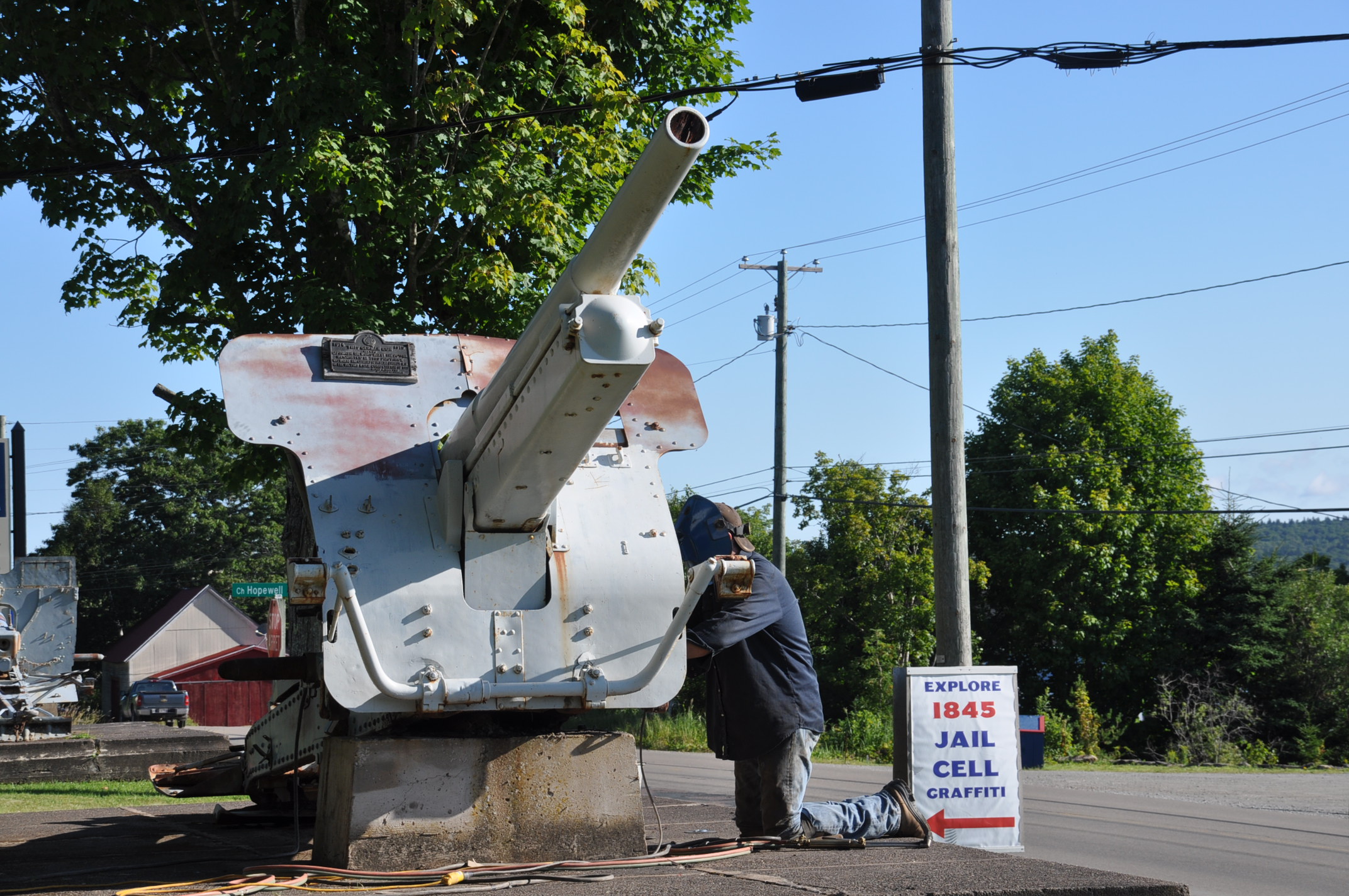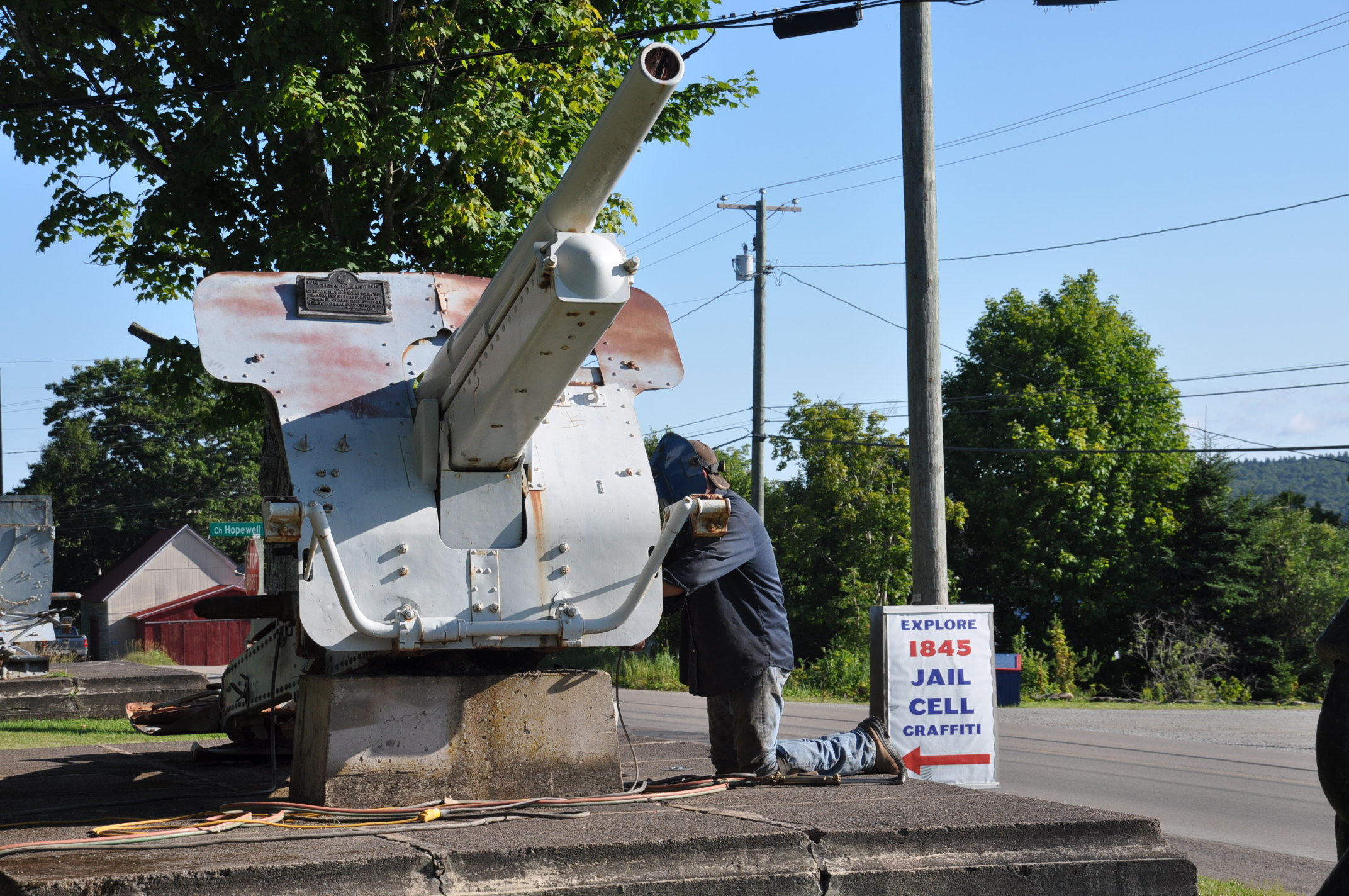HOPEWELL CAPE – The Albert County Museum and RB Bennett Commemorative Centre is hosting the first “Albert County Remembers” Day on Saturday, June 7 in memory of the accomplishments and sacrifices by the people of Albert County throughout the wars. Located in Hopewell Cape at 3940 Route 114, (just 2 minutes from the Hopewell Rocks), activities begin directly following the weekly Farmers and Crafters Market.
The afternoon events will start at 12 noon with a “show and tell”, where members of the public are encouraged to bring their personal mementos and artefacts from the various conflicts, from World War I to the present. A number of displays have been coordinated with local museums and prominent collections through the province highlighting the involvement from the people of New Brunswick in these armed conflicts.
Brent Wilson, Director of NB Military Heritage Project UNB Gregg Centre, will give an introductory talk on the famous “Fighting 26th”, the New Brunswick Battalion. As part of the presentation there will be readings from letters written (1914-1918) by Hugh C Wright, an Albert County soldier from Hopewell who served in the 26th. Actual film footage of the 1914-1915 training of the soldiers in Saint John will be shown.
The highlight of the afternoon will be the official launch of the 2014 Victory Cannon Campaign to restore the captured war trophies that have stood in Hopewell Cape for the past 94 years. The cannons or field guns, proudly displayed in the square in Hopewell Cape since 1920, are a German 10.5cm k14 (1917) and a German 7.7 cm fk96 n.A.(1914).
Both cannons were captured by Canadian forces at the battle of Vimy Ridge in 1917. The larger 10.5 cm cannon was captured by the 27th Winnipeg Battalion and the smaller 7.7cm by the 26th New Brunswick Battalion.
A presentation will be shown on the capture of the 10.5cm k14, as its history is extremely well documented, right down to the place and time of capture. Donald Alward, Museum Manager and Curator said, “The documentation is so complete that you can pin-point the exact location of capture on Google-earth today, and when you compare the topography from 1917 to today, it is almost identical, the same trees, same railway, and the same roads. It really is amazing how little has changed, considering the destruction that occurred.”
If the military significance of the cannons wasn't enough, both cannons hold special meaning to the people of Albert County.
The German 10.5cm k14 (1917) cannon was won by the people of Albert County in the Victory Loans Campaign of 1919. The government set specific targets for each county in the country. A prize was awarded in each province to the county that surpassed the goal by the most. In New Brunswick, Albert County had the distinction of nearly tripling their goal of $110,000.00 by raising a total of $317,000.00, which was enough to win the special War Trophy.
The second cannon, the 7.7cm fk96 n.A. was awarded to the people of Albert County in recognition of the sheer number of men who enlisted in the Canadian Expeditionary Force (C.E.F.). Albert County holds the distinction of having had the highest level of enlistment in the First World War in all of Canada on a per capita basis. A remarkable achievement!
When asked about the restoration of the cannons, Donald said “The estimated cost to restore the cannons will be about $15,000.00. We are very fortunate that they are in such good condition considering they have stood outside in the weather for 96 years. It's our goal to preserve them for another one hundred years.” Donald, went on to say, “We have arranged to have new wheels built using the original parts by a renown wheelwright and have sourced local professionals to do the repairs to the cannons and their foundations. It's our plan to paint the cannons in their 'as captured' camouflage colours, using original photos and expert technical advice.”
The Museum will offer free admission with a free-will donation to the Victory Cannon Campaign during the day to see all the displays and exhibits through-out the Museum.

